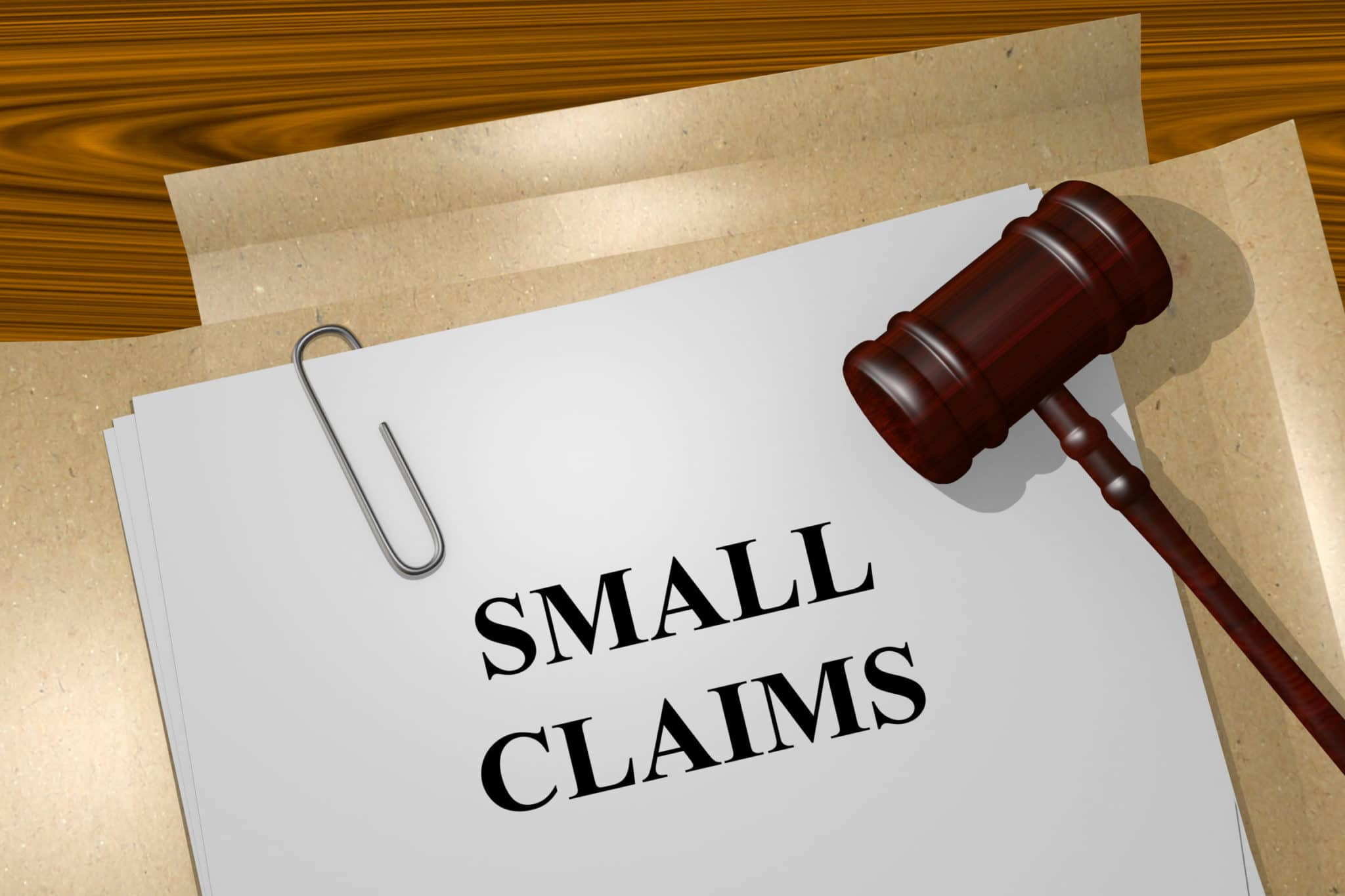Navigating Small Claims Court: A Practical Guide

When conflicts and disputes arise between individuals or businesses, the path to resolution may not always involve expensive and time-consuming litigation. Small claims court offers a simplified and accessible legal process for resolving disputes involving modest financial amounts. In this blog post, we will explore the key aspects of small claims court and provide insights into how it can help individuals seek justice efficiently.
Understanding Small Claims Court
Small claims court is a specialized judicial forum designed to resolve minor legal disputes, typically involving relatively small sums of money. Each jurisdiction sets a limit on the maximum amount that can be claimed, which varies from country to country. In the United States, for example, this limit typically ranges between $2,500 and $10,000, depending on the state. Small claims court is intended to provide an informal and simplified process, allowing individuals to present their case without the need for an attorney.
Filing a Claim
To initiate a small claims court case, the claimant must file a complaint with the appropriate court, paying a nominal filing fee. The court will then serve the defendant with a notice, providing them with details of the claim and a date for the hearing. It is crucial to gather all relevant evidence and documentation to support your case. This may include contracts, receipts, photographs, witness statements, and any other pertinent information that supports your claim.
The Hearing
During the hearing, both the claimant and the defendant have an opportunity to present their case before a judge or magistrate. It is essential to be well-prepared and articulate your arguments clearly and concisely. While small claims court rules are less formal, it is crucial to maintain a respectful demeanor and adhere to the court’s guidelines. The judge will evaluate the evidence and arguments presented by both parties and make a decision based on the facts of the case.
Appeals and Enforcement
In small claims court, the decision reached by the judge is typically final and binding. However, some jurisdictions allow for a limited right to appeal if either party believes there was a significant error in the judgment. Once a judgment is made, the prevailing party may need to take further steps to enforce the judgment and collect the awarded amount, if applicable. Various methods can be employed for enforcement, such as wage garnishment or property liens, depending on the jurisdiction’s laws.
Small claims court provides a practical avenue for individuals to seek resolution for minor disputes without the need for extensive legal representation. By understanding the process, gathering supporting evidence, and presenting your case effectively, you can navigate small claims court with confidence and seek a fair resolution to your dispute. Remember, while the process may be simplified, it is essential to approach the court with respect and professionalism.


